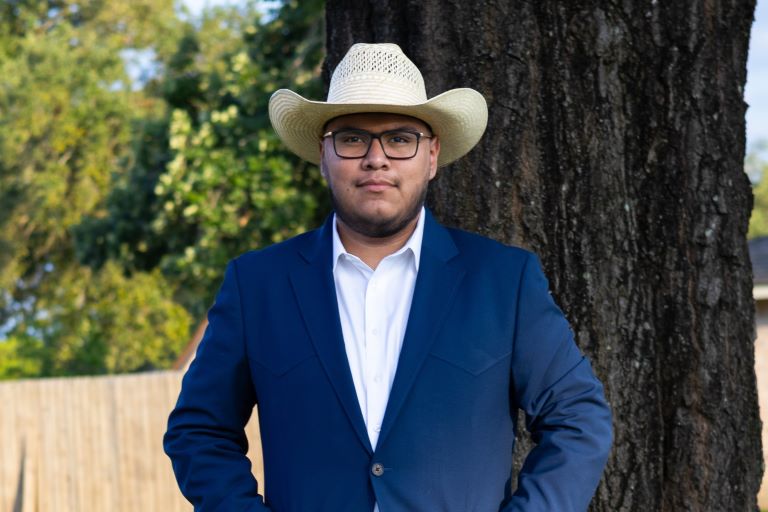The bipartisan bill, led by Rep. Rob Wittman, R-Virginia, and co-sponsored by five Republicans and five Democrats, aims to provide greater flexibility for individuals pursuing careers that require professional certifications rather than traditional four-year college degrees.
The Irrigation Association has long supported this legislation as a member of the Tomorrow’s Workforce Coalition, advocating for policies that help build a skilled workforce for the irrigation industry. Expanding access to 529 savings for certification programs would allow more professionals to gain the specialized knowledge required for careers in water management, irrigation design and related fields.
“Equipping a well-trained workforce is essential to the future of the irrigation industry,” said Nathan Bowen, vice president of advocacy and public affairs at the Irrigation Association. “This legislation helps facilitate career pathways so that individuals have more options to pursue careers in irrigation, water conservation and other technical fields without financial barriers.”
Supporting the future workforce
Under current law, 529 plans — which offer tax advantages for education savings — are primarily used for college tuition. The Freedom to Invest in Tomorrow’s Workforce Act would transform these accounts into “career savings plans,” enabling workers to use these funds for certification exams, licensing fees and continuing education required for career advancement.
This bill could have a significant impact on industries like irrigation, where professionals rely on credentials such as certified irrigation contractor and certified landscape irrigation auditor to demonstrate expertise in efficient water management. By removing financial barriers to obtaining and maintaining these certifications, the legislation could help meet the growing demand for skilled workers in agriculture, landscape irrigation and water conservation sectors.
What’s next?
H.R. 1151 has received strong bipartisan backing, with several co-sponsors serving on the influential House Ways and Means Committee, which oversees tax-related legislation. Advocates are working to ensure the bill is included in upcoming tax reform discussions or advanced as a standalone measure. A Senate version of the bill is expected to be reintroduced soon by Sen. Amy Klobuchar, D-Minnesota.





